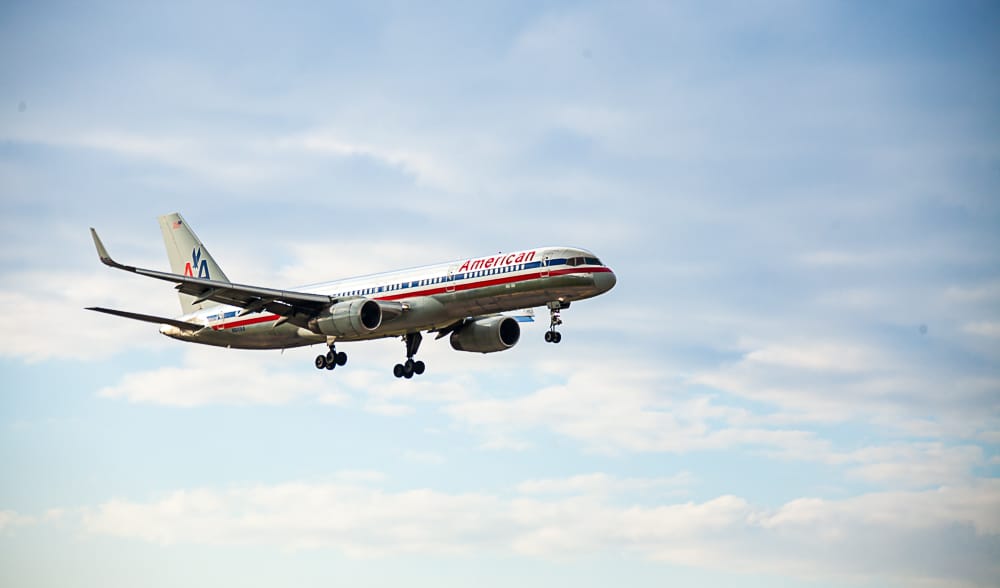In a startling move, the National Insurance Institute (INS) has temporarily suspended the digital platform for the annual “marchamo,” the mandatory fee for the right of circulation in Costa Rica, due to significant inconsistencies in the calculated charges. This abrupt cessation, which came shortly after the system opened for the 2024 payments, has left the vehicular tax process in an uncertain limbo.
A Sudden Halt to the Marchamo Payments
On the morning of November 3, vehicle owners were prepared to fulfill their civic duty by paying their marchamo, but the system’s operation was unexpectedly halted by Friday. This unforeseen interruption came after several customers reported anomalies in their fees, which were unusually low.
Tax Calculation Errors Detected
The issue at hand stems from a major oversight—the vehicle property tax, which constitutes approximately 70% of the total marchamo fee, was not included for an estimated 246,000 vehicles. This considerable tax component is vital to the integrity of the payment system and the fiscal responsibility of vehicle owners.
Response to the Miscalculations
In the wake of this disruption, around 1,050 drivers managed to complete their payments before the system was suspended. These individuals are now faced with the uncertainty of whether they have underpaid or overpaid their dues. The Treasury is currently tasked with determining the course of action for each case, a process that remains under meticulous review.
Ministry of Finance Steps In
Amid the chaos, the Minister of Finance has stepped forward, confirming that efforts are underway to rectify the tax information. Nevertheless, there has been no clear indication from INS as to when the marchamo system will be operational again, leaving many in a state of limbo regarding their annual vehicle tax obligations.
Adjustments in Vehicle Taxes
Adding a layer of complexity to the situation, it has been announced that taxes for used vehicles will undergo a reduction, ranging from 10% to 50%. This recalibration is aimed at adjusting the fiscal burden on vehicle owners, aligning it more closely with the market value of used vehicles.
The Path to Resolution
After intense negotiations, INS and the Superintendency have come to a consensus on a new operational strategy. A significant outcome of these discussions is INS’s decision to remove a charge for the digital seal and abstain from utilizing a reserve to subsidize the premium of the mandatory policy. This reformation suggests a forward-moving path where financial accuracy and transparency are prioritized.
What This Means for Vehicle Owners
For Costa Ricans, the marchamo is more than a tax—it is a symbol of their contribution to the nation’s infrastructure and public services. The current disruption signals a need for heightened diligence in fiscal operations and a reminder of the importance of public trust in national institutions.
As the INS works to restore the system and ensure precise taxation, vehicle owners are advised to remain informed about updates and prepared to comply with any new requirements. The aim is to ensure that all payments are fair, accurate, and reflective of the real value of the vehicles on Costa Rica’s roads.
Source link
admin



